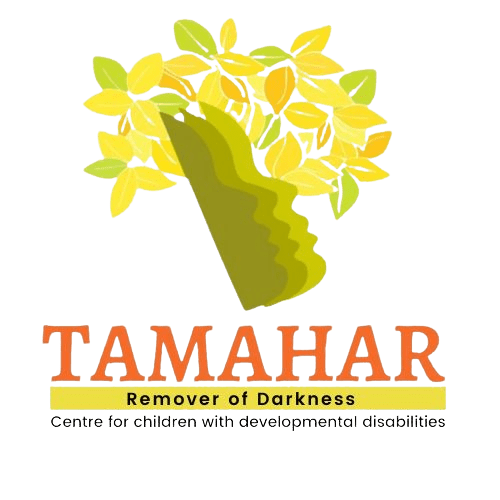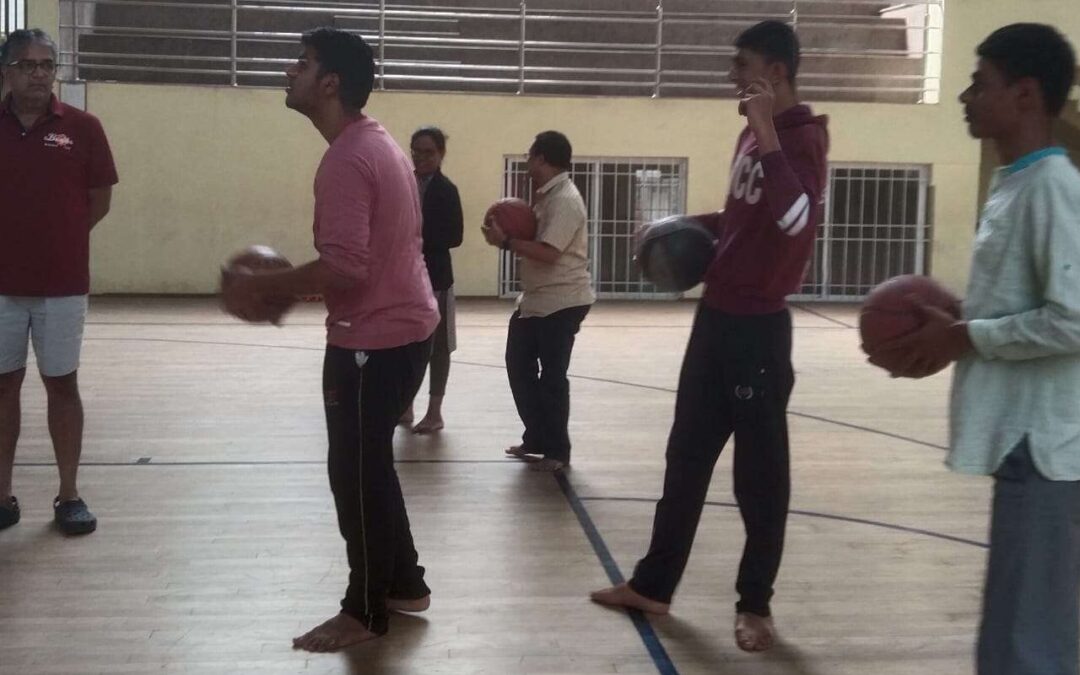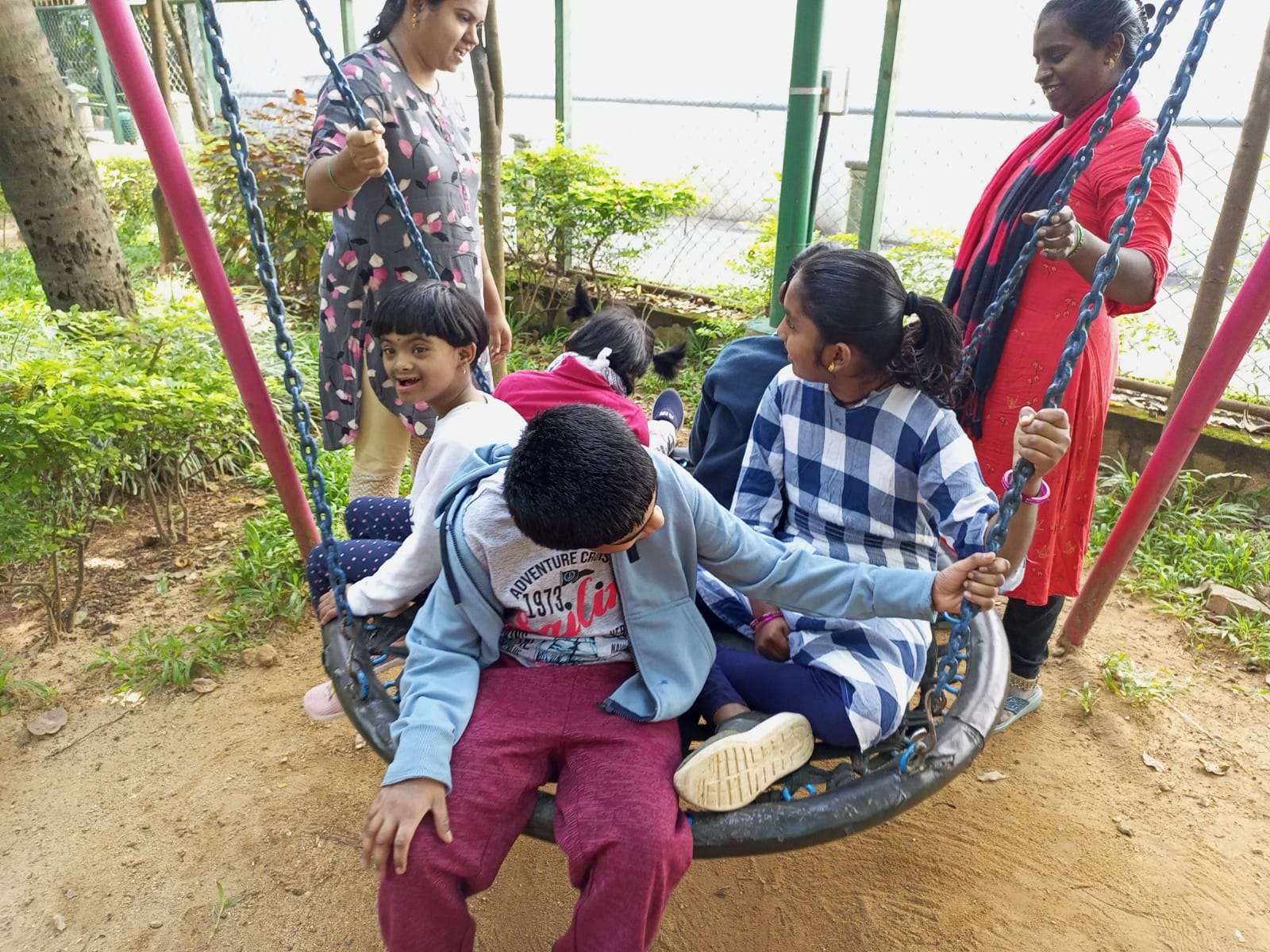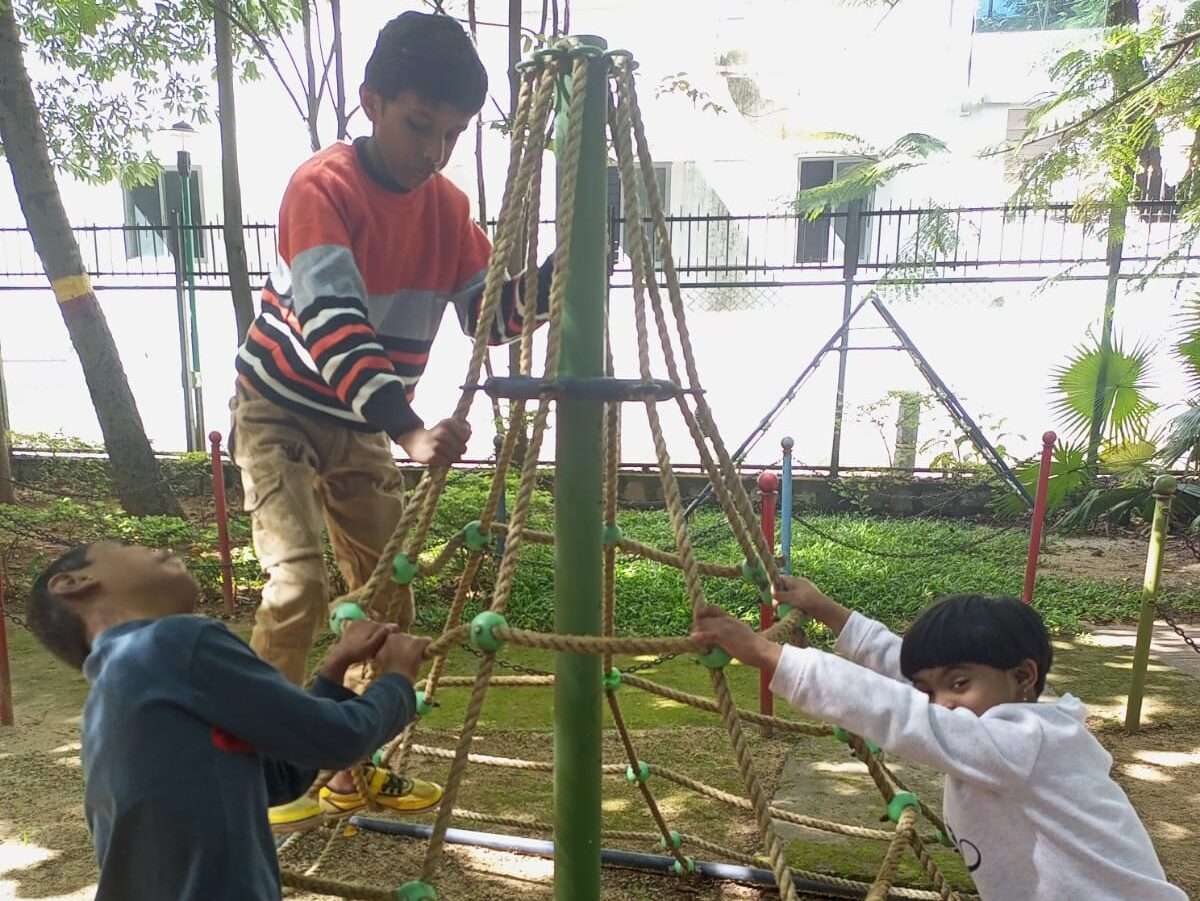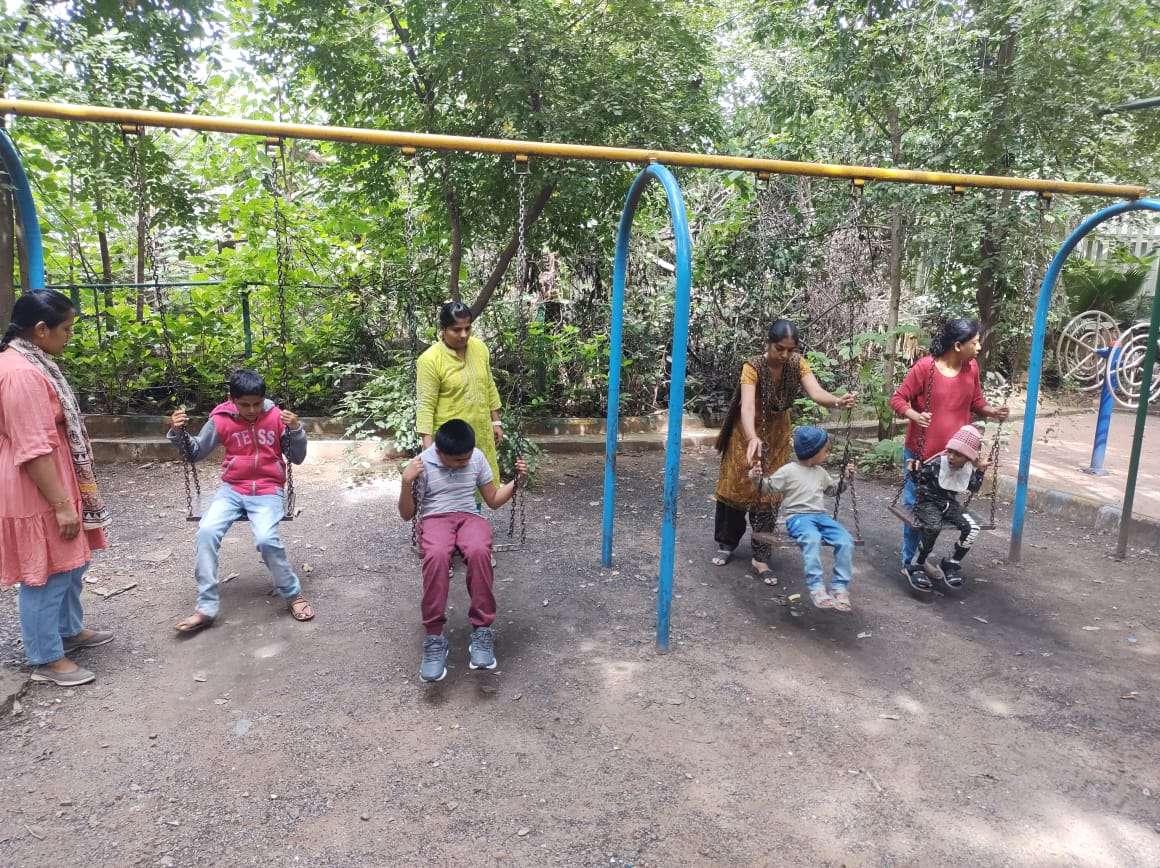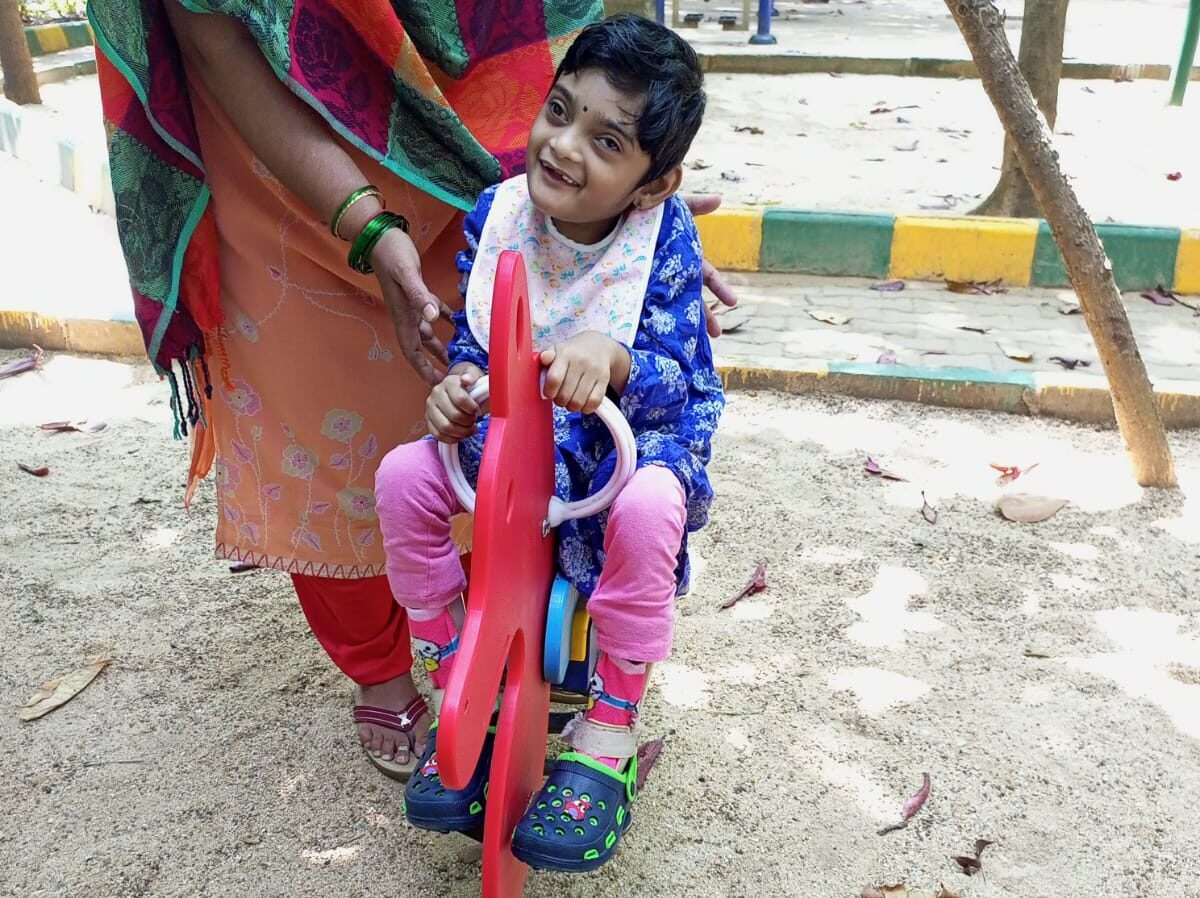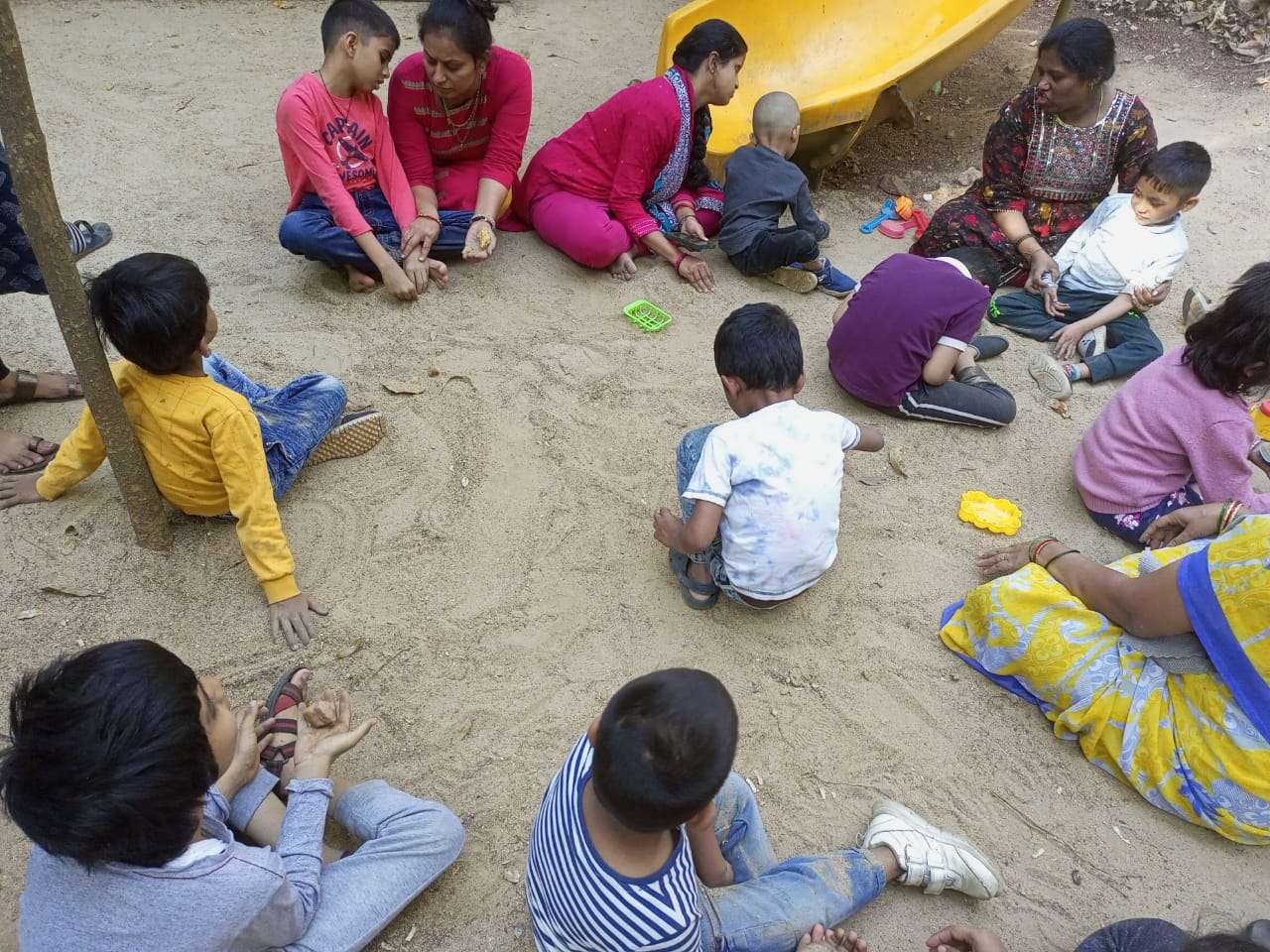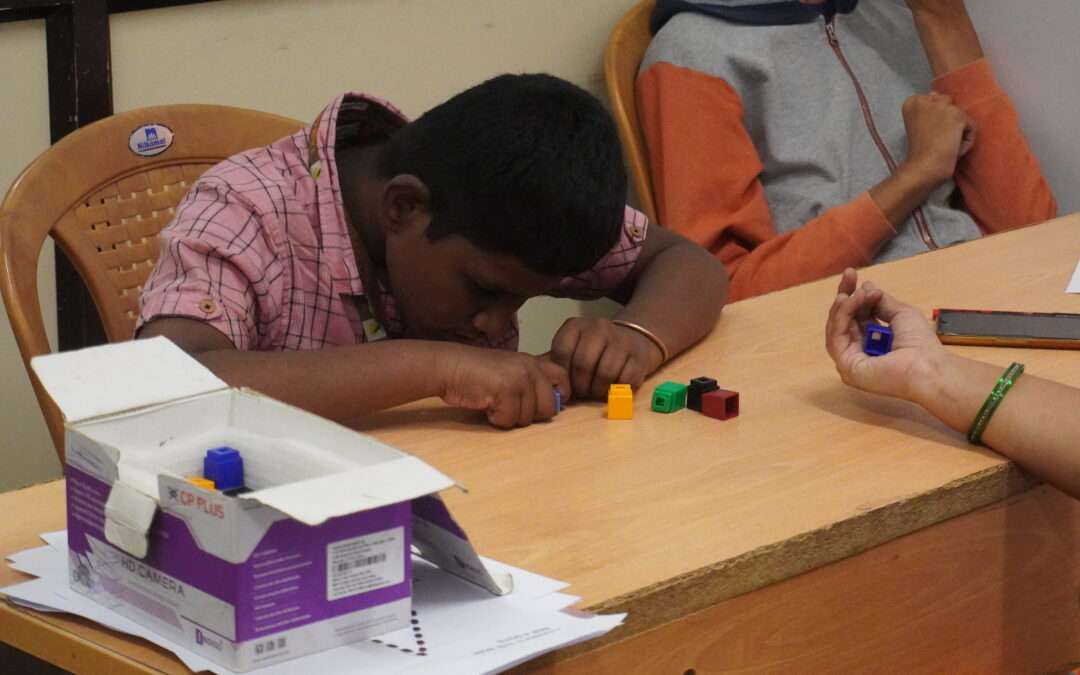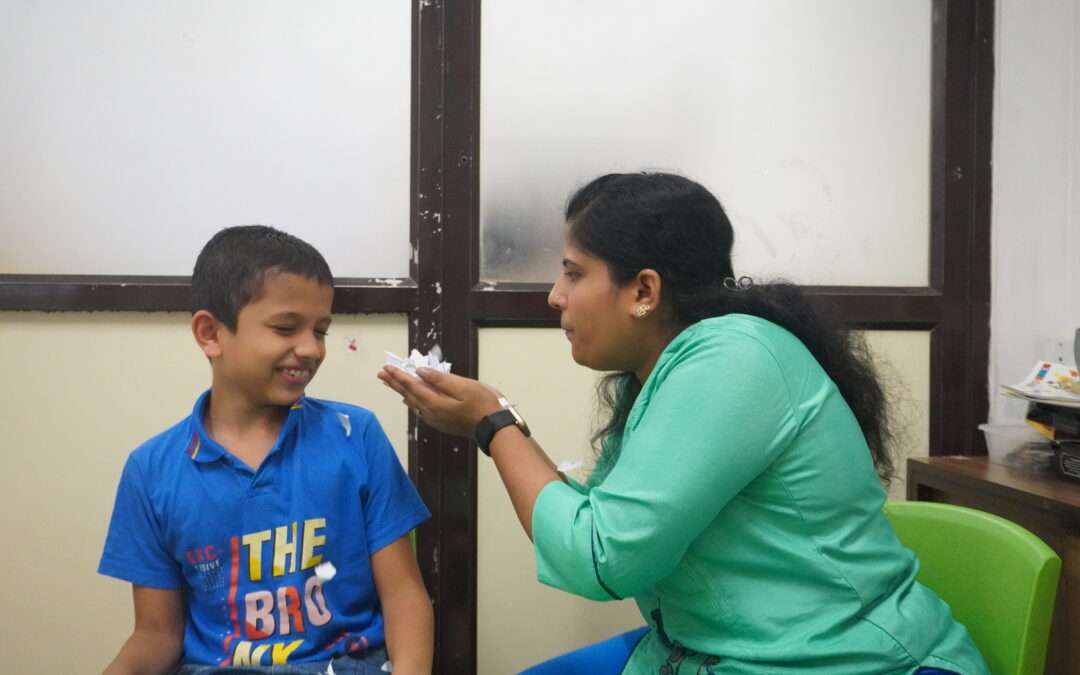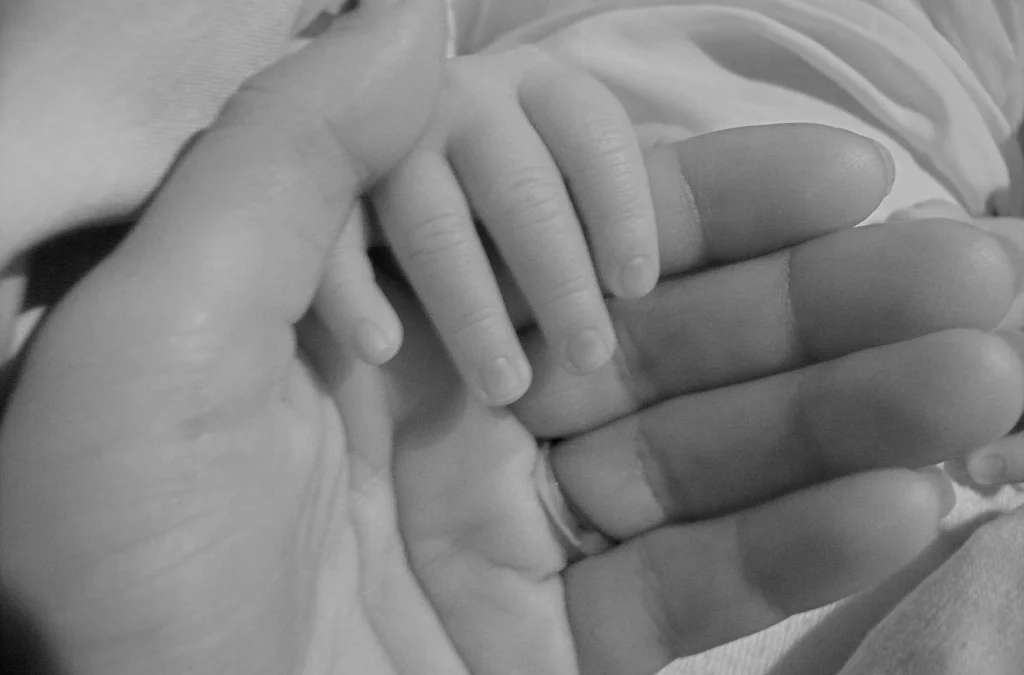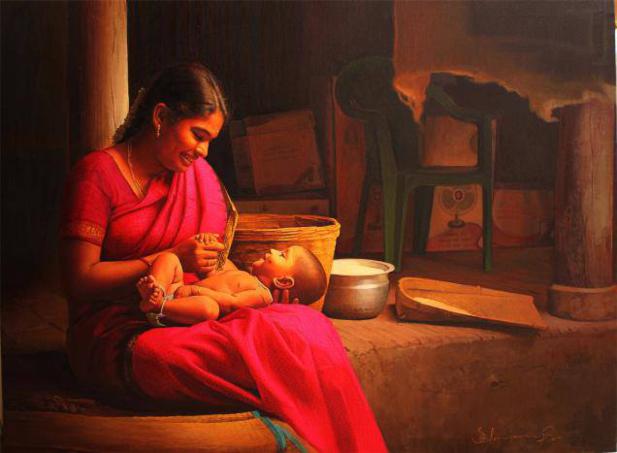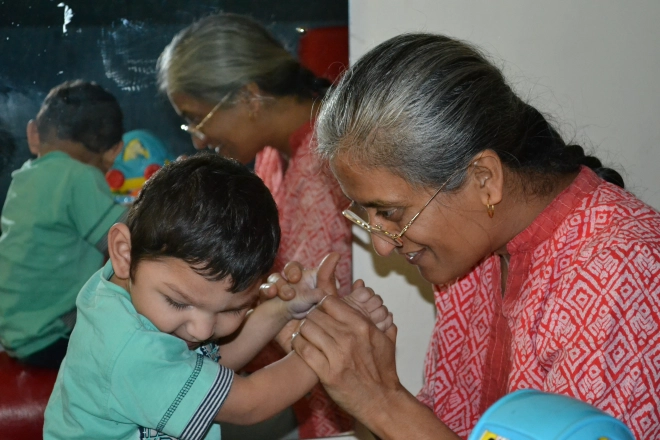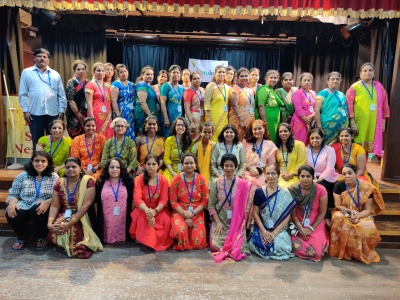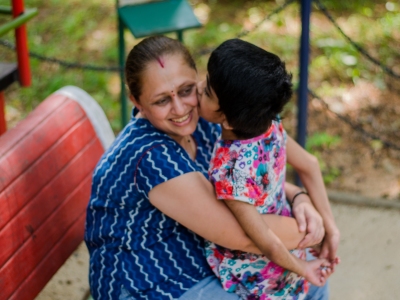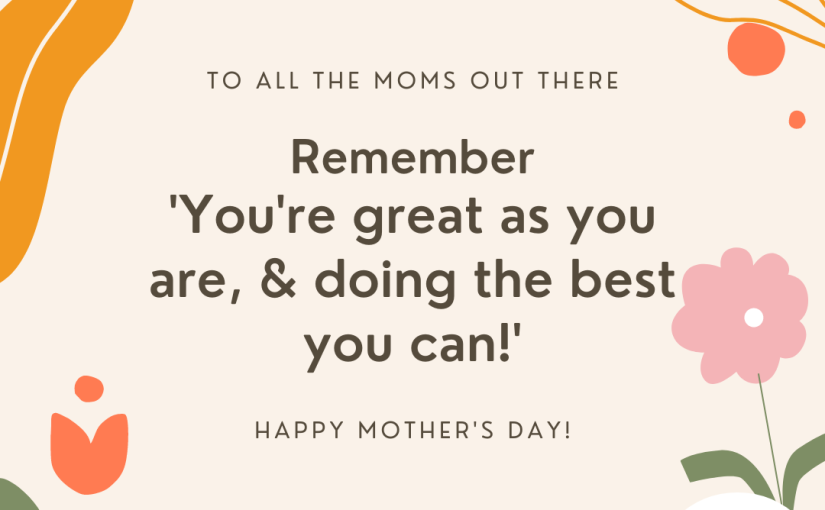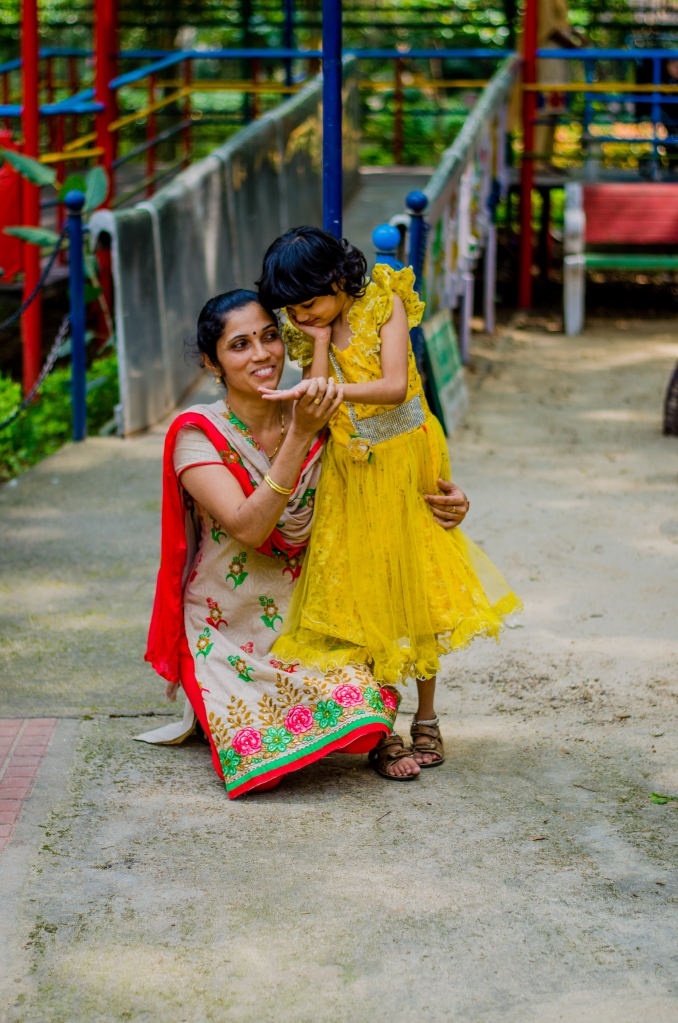When I met Sunitha* in 2012, she was sad, with suicidal thoughts. She had centered her life around her child who had a severe disability and she was made to believe she was responsible for the state of her child, and the child was her responsibility, and so she had to push herself more and try harder, to make her child “normal”. It took 8 long years of constant support and counselling for her to accept the child without wanting to normalize things, to accept help from others, and to let go of the things that couldn’t be changed. Sadly, she is not alone in this situation and from my experience I can say this is the story of the majority of women who function as informal caregivers for their children with disabilities.
For those of us working in the disability sector, this is a common experience. It is a documented fact that intersection of gender and disability can be lethal and women with disability have worse outcomes. In all of our efforts, we tend to highlight how disability has a different impact on women and girls. However, missing in these dialogues are the other women, the invisible women, who silently care for their children with disabilities.

There is a vast body of literature on every aspect of motherhood. What I would like to mention is how the situation of mothers becomes even more complicated in the Indian context, made worse by the prevailing gender order. Despite all our efforts, the society refuses to learn about our actual experiences as mothers and to separate the mother from the woman. An ideal of motherhood gets thrust upon us and we are often forced to live up to it. Take this dogmatic view of motherhood and combine it with the twisted and widely held belief that a disability is somehow a defect, and more so the result of something the mother has done during pregnancy, which is often detrimental to the health of a mother caring for her child with a disability.
In my 30 years of working in this sector, I have been with many women who have children with disabilities. Their resilience is compelling, yet their despair is also heartbreaking. When I sat down and tried to put together all of their challenges and struggles, a common theme emerged: that of blame. The blame placed on her by the society and often by members of her own family for the disability of her child. These women then go on to internalise the blame and toil away their lives to correct it.They are hurt, disappointed, and the feelings of inadequacy are amplified when the world sees their child as different. They refuse to see themselves as individuals and their future is invariably entangled with that of their child’s. Most mothers I meet are repressed and refuse to believe they even deserve to be happy. Their personality vanished and their life a blur. Their road to recovery is a long one, the first step is to make them see themselves as distinct human beings with their own needs and wants.
It may seem like I have overlooked the other half of parenthood, namely the father. They are as important as the mother when it comes to caring for a child with disabilities but that’s a conversation reserved for another day. On this day for global celebration of women, I would like to bring to the fore the personhood of these women, the silent caregivers. I want to remind them that they do not owe it to the society to exist as saviours, paragons of motherhood, as inspirational stories, as beacons of hope and sacrifice, I want to remind them that they can just simply exist.
*Name Changed
About the Author:
Vaishali Pai – Founder & Director at Tamahar Trust, Malleswaram, Bengaluru
An Occupational Therapist (OT) by profession and a Gold medallist in Bachelor’s and Master’s degree with three decades experience working with big names like Spastics Society of India, Mallya Hospital, Vydehi Institute of Rehabilitation and Align Centre. Vaishali has worked in child and adult rehabilitation in varied situations and facilities throughout her career. As a certified Early Interventionist, she is adept at handling infants and newborns, even as young as 1 week old. She has served as the Chair of ORDI Organization for Rare Diseases India Care Coordination Committee, member of the Board of B D Tatti Annavaru Memorial Trust of Laxmeshwar, Dist. Gadag, on the board of APD – Association of People with Disability, a 60 year organisation working for disability, and also on the board of Disability NGO Alliance, a consortium of disability NGOs in the state of Karnataka. She is also the Civil Society member of an Ethics Committee of a medical research institute.
Contact:
Manisha Raghunath
Communications Manager – Tamahar Trust
Email: manisha@tamahar.org
